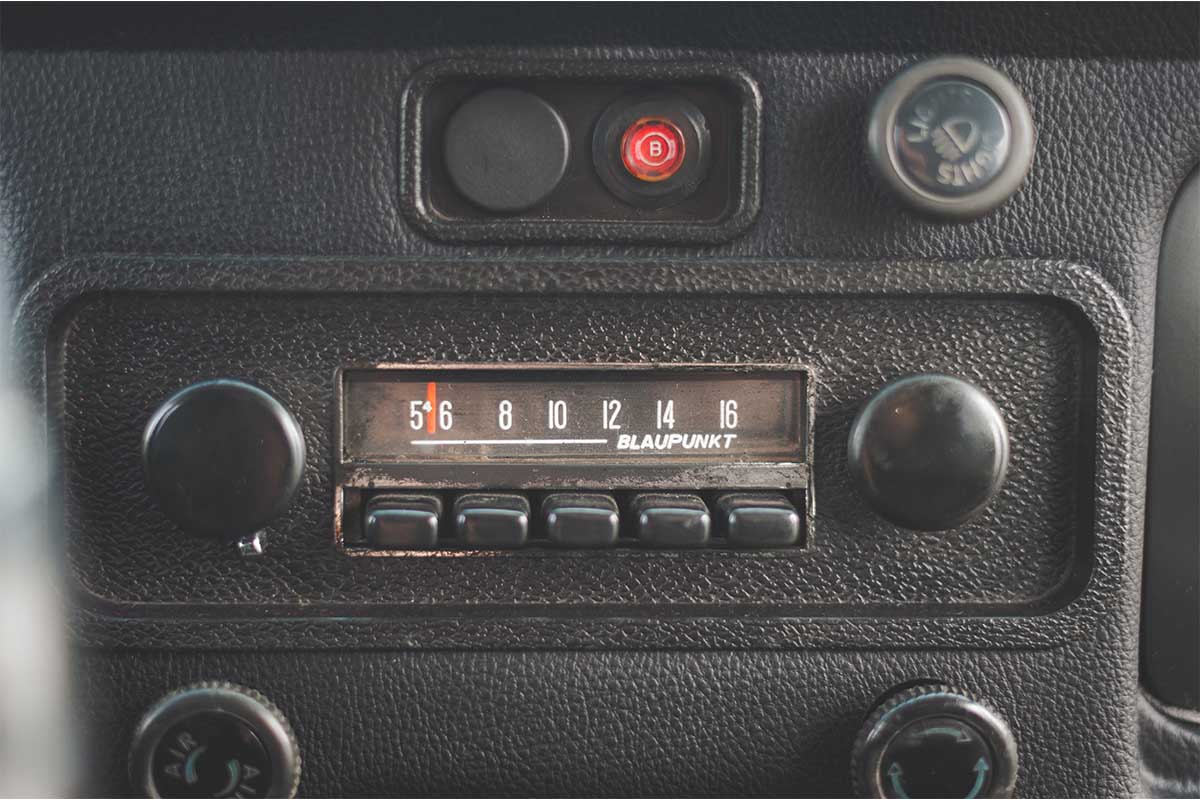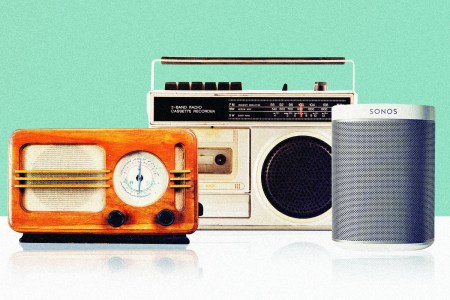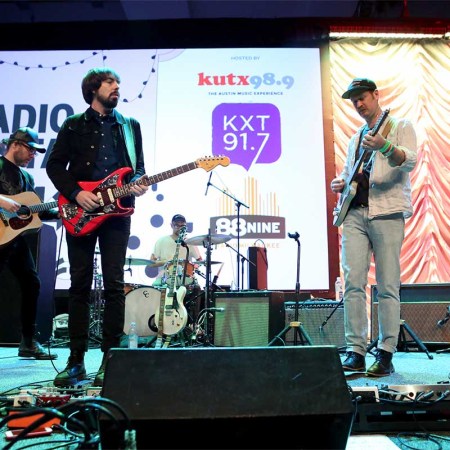AM radio is, surprise, still a popular format, even one century later. There are more than 4,000 AM stations in the United States right now, and these stations — primarily news — serve as a particularly trusted medium for drivers. But this audience doesn’t seem to matter to auto manufacturers. As reported by The Washington Post, car makers such as Ford, BMW and Tesla are removing AM radio from new car models.
Part of the reason is new electric vehicles feature engines that can interfere with the sound of AM stations — but that hasn’t stopped Ford from eliminating AM radio in all of its vehicles, electric or gas.
“This is a tone-deaf display of complete ignorance about what AM radio means to Americans,” said Michael Harrison, publisher of the talk radio trade journal Talkers. “It’s not the end of the world for radio, but it is the loss of an iconic piece of American culture.”
Commercial Radio Is 100 Years Old. Can It Survive?
Four industry veterans weigh in on how they’d “fix” a medium that remains popular but lacks innovationWhile FM took a massive slice of the radio market in the mid-to-late 20th century (at least for music), the estimated 82 million monthly AM radio listeners in the United States still depend on the format for talk (admittedly, mostly right-wing programming, but also local news), weather and sports; as well, there are hundreds of Spanish-speaking AM stations. And roughly half of AM listening takes place in the car, according to the Post.
While there’s certainly some implied age discrimination here — AM radio listeners are usually thought of as “older” — statistics don’t necessarily back up this idea. According to the Pew Research Center, about eight in 20 Americans ages 12 and older listen to terrestrial radio (AM/FM) in a given week, far more than satellite radio, and more people get their local news from radio over newspapers. That said, Ford claims less than 5% of in-car listening is to AM stations.
Interestingly, saving AM radio actually serves several political ideologies. “There are a lot of people out there who would like to have one side of the political spectrum silenced, but that’s scary,” says Scott DeLucia, who hosts a morning show on WTAW, an AM station in Bryan, TX. If you lose AM stations like ours, you lose the voices that speak to conservatives, to minorities and to the religious sector — that’s three important groups, and that would be a real loss.”
Thanks for reading InsideHook. Sign up for our daily newsletter and be in the know.


















